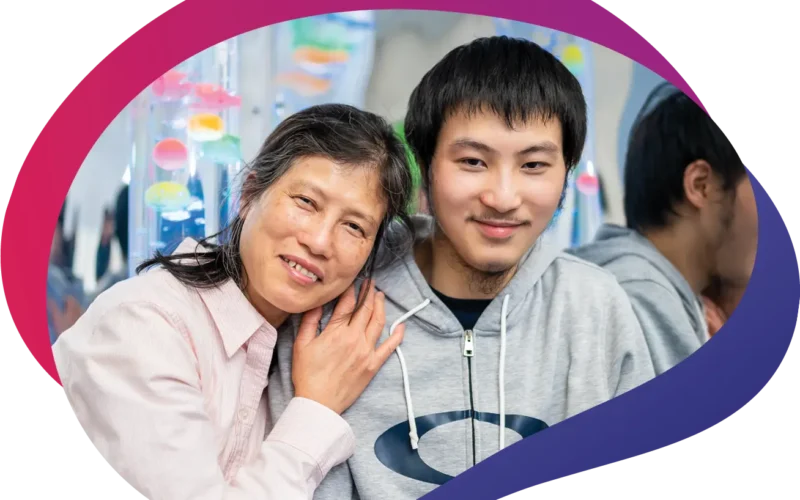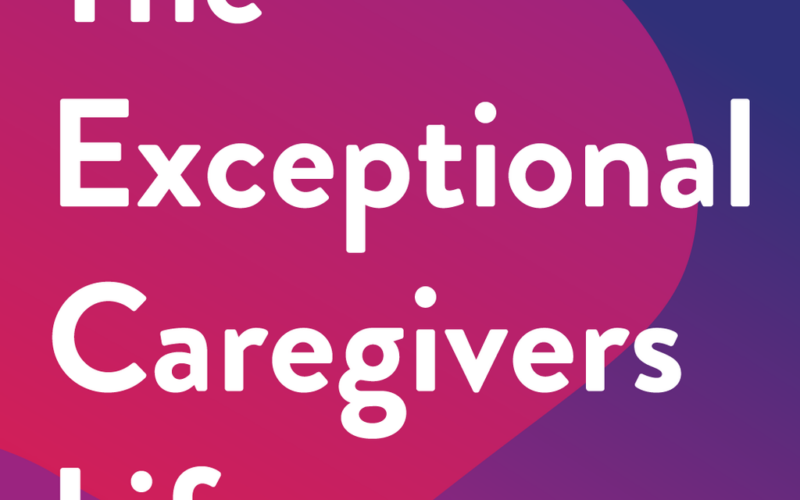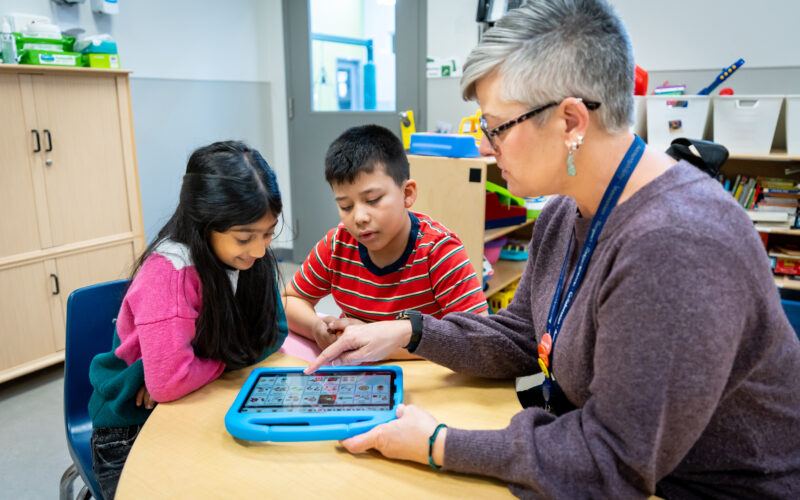During Black History Month – and all year round – Surrey Place is committed to becoming better allies to Black clients, staff, and community members. In today’s article, we’re sharing information on intersectionality and privilege, which are two important concepts to understand when thinking about anti-Black racism and allyship.
What is Intersectionality?
The term “intersectionality” was introduced by Kimberlé Crenshaw, a pioneering scholar of civil rights and critical race theory, in 1989. Intersectionality looks at the multiple identities and experiences of individuals and communities, and the way those identities interact and shape how people are treated. Through intersectionality, we can recognize that people’s experiences of racism and privilege are different depending on the social identities they hold. Some examples of social identities are race, disability, gender, sexual orientation, age, and socioeconomic status.
Intersectionality shows us how some identities result in privilege and more opportunities, while other identities result in oppression and/or additional barriers. It’s important to understand that people can hold more than one identity that puts them at risk of discrimination. For example, a white woman living with a disability may experience sexism and ableism, while a Black transgender woman living with a disability may experience sexism, racism, ableism, and transphobia. While these two women both live with a disability, they will have different experiences due to their intersecting identities.
When another marginalized social identity, like race, intersects with a disability, it shapes how a disabled individual is treated. For a Black person living with a disability, their identities cannot be treated as separate; being Black and living with a disability means they are at risk of multiple forms of discrimination and face multiple barriers to access.
At Surrey Place, it’s crucial for us to apply an intersectional lens to our work in order to create inclusive, accessible, and safe spaces for Black clients, staff, and community members.
What is Privilege?
Privilege refers to the advantages that an individual receives from belonging to a certain social identity group. One common form of privilege is white privilege, which refers to the unearned power that white people experience solely due to their skin colour. In other words, white privilege means that a person doesn’t experience racism or discrimination because of their skin colour.
What can you do about White Privilege?
The first thing you can do is become aware of your privilege and identify the daily effects of white privilege in your life. You can start thinking about this by completing Peggy McIntosh’s White Privilege Checklist. The checklist includes things like:
I do not have to educate my children to be aware of systemic racism for their own daily physical protection.
If I believe there is a racial issue at hand, or there isn’t a racial issue at hand, my race will lend me more credibility for either position.
I can easily buy posters, postcards, picture books, greeting cards, dolls, toys and children’s magazines featuring people of my race.
When thinking about your privilege, it is important to understand that not everyParagraph 1 (P1) has the same privileges or experiences as you.
The first plan of action: once you understand your privilege, you can take concrete action by building your capacity and increasing your knowledge on issues of race, privilege, and intersectionality.
Other important terms to know
Anti-Black Racism: Prejudice, attitudes, beliefs, stereotyping and/ or discrimination that is directed at people of African descent and is rooted in their unique history and experience of enslavement and colonization.
#BlackLivesMatter: A movement that was founded in 2013 in response to the acquittal of Trayvon Martin’s murderer.
Black Lives Matter Global Network Foundation, Inc.: A global organization in the US, UK, and Canada, whose mission is to eradicate white supremacy and build local power to intervene in violence inflicted on Black communities by the state and vigilantes. By combating and countering acts of violence, creating space for Black imagination and innovation, and centering Black joy, they are winning immediate improvements in the lives of Black individuals.
To learn more about how Surrey Place plans to actively work against racism, check out this message from our CEO, Terri Hewitt and be sure to follow us on social.


